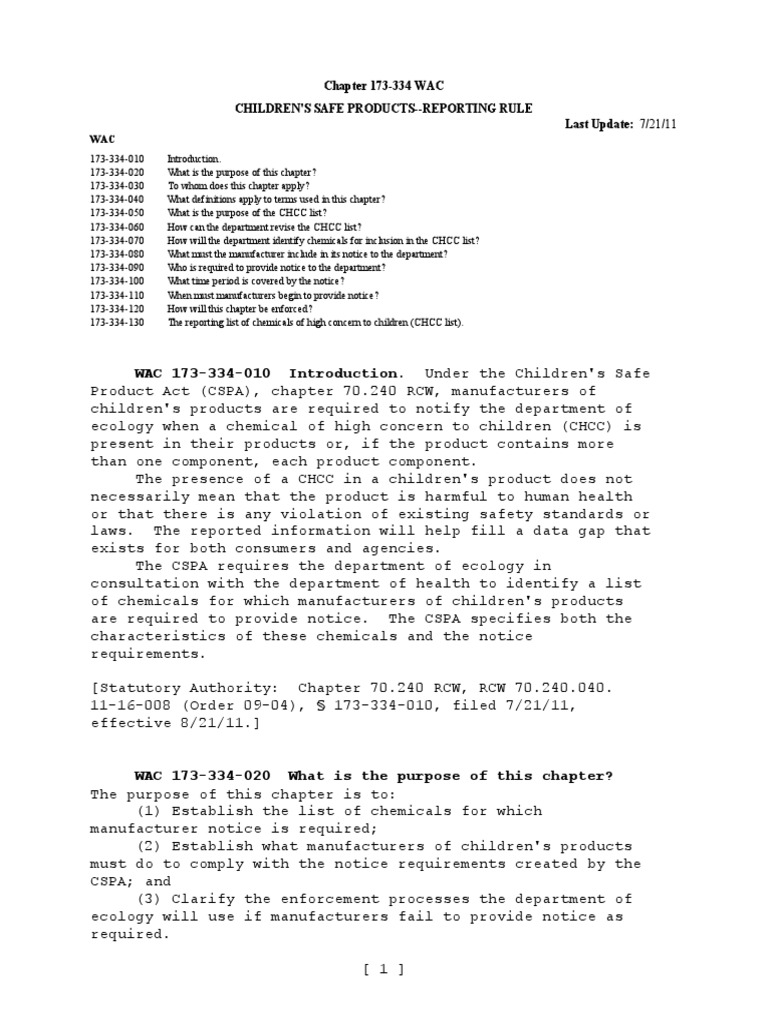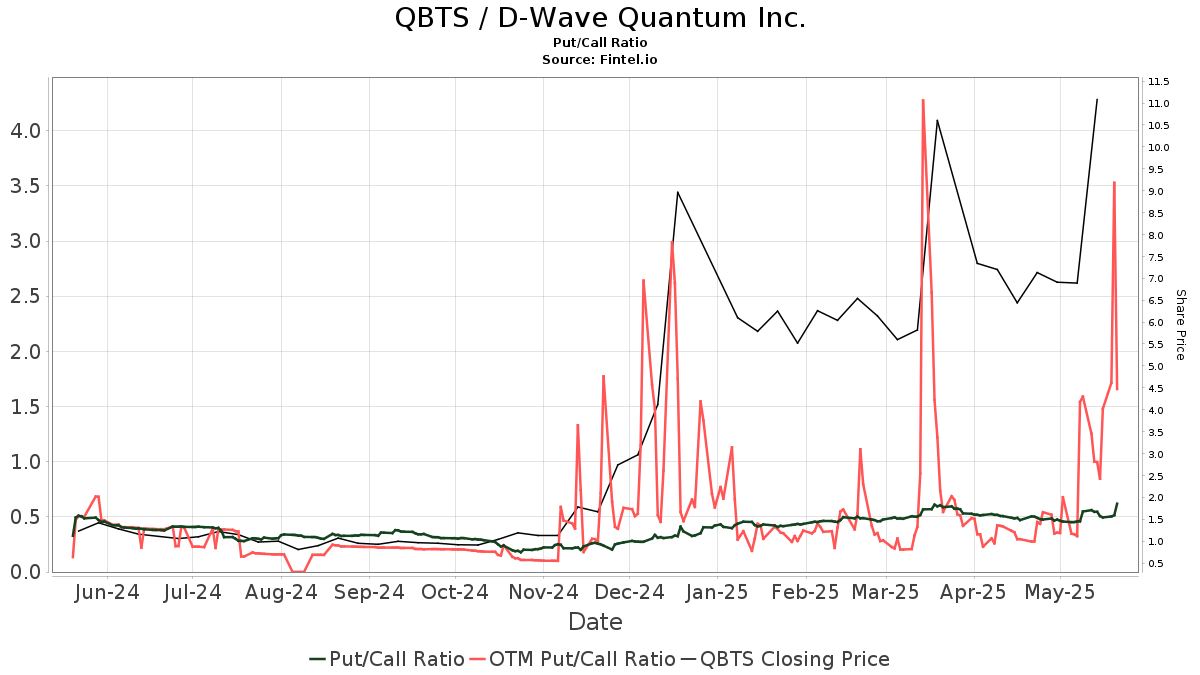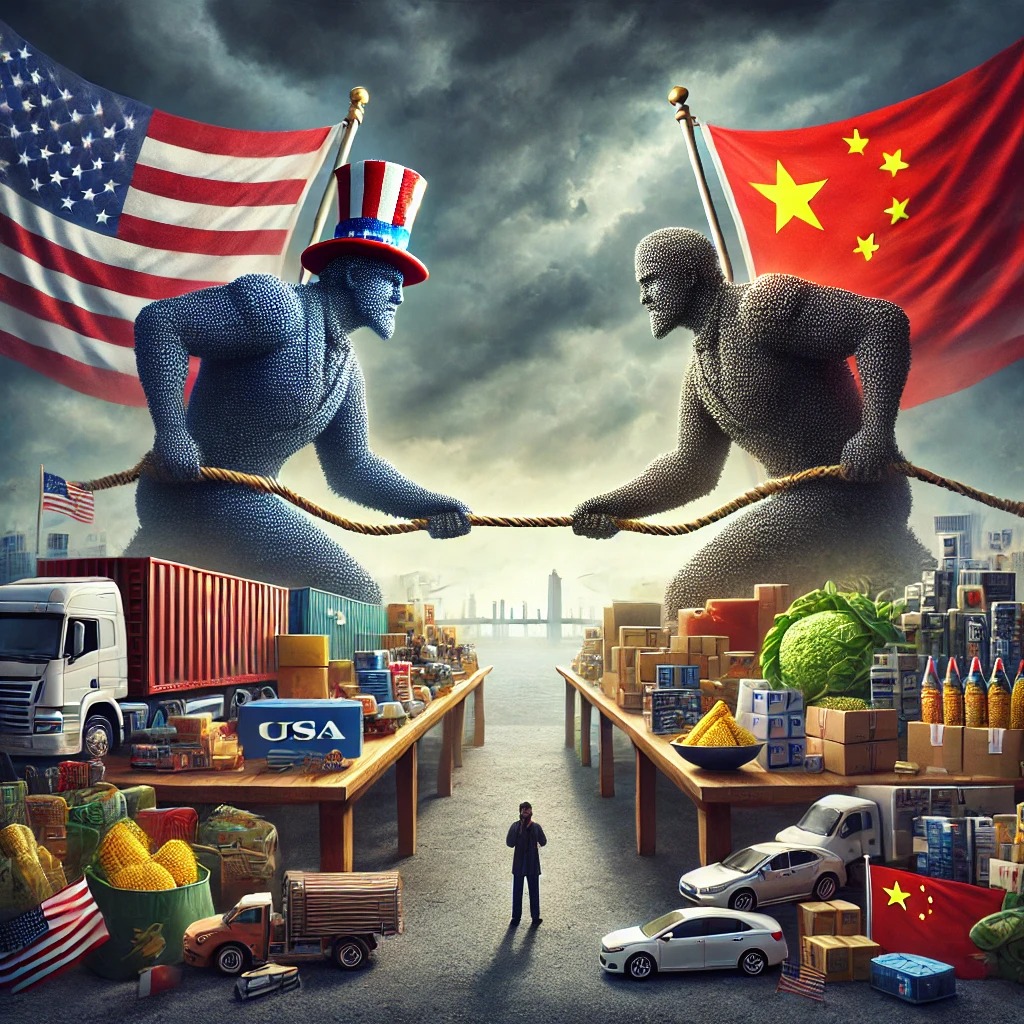Section 230 And Banned Chemicals: An EBay Case Study

Table of Contents
Section 230, a cornerstone of internet freedom, grants online platforms immunity from liability for user-generated content. However, its application is nuanced, particularly concerning the sale of illegal items like banned chemicals on marketplaces like eBay. This article employs a case study approach to illuminate the practical implications of Section 230 for eBay sellers, emphasizing the critical balance between legal protection, platform policies, and personal responsibility. Our goal is to equip you with the knowledge to mitigate risks and protect your eBay business.
Understanding Section 230's Protection for Online Platforms
Section 230 of the Communications Decency Act (CDA) is a crucial piece of legislation protecting online platforms from liability for content posted by their users. Essentially, it treats online platforms as distributors, not publishers, of information. This means they are not held legally responsible for the content created and posted by their users, unless they actively participate in creating or editing that illegal content.
However, Section 230's protection isn't absolute. Its limitations become especially relevant when dealing with illegal activities, such as the sale of banned chemicals. For example, if eBay knowingly facilitates the sale of prohibited items or actively participates in the transaction, it could lose its Section 230 protection and face legal consequences. This highlights eBay's responsibility to proactively moderate listings and remove content that violates its terms of service and applicable laws.
- Examples of content Section 230 protects: Reviews, comments, user-generated product descriptions (unless the platform directly edits them to be illegal).
- Examples of content Section 230 does not protect: Content that the platform actively creates or edits to be illegal, direct participation in illegal activities.
- The "good faith" requirement: Section 230 protection hinges on platforms acting in "good faith" to moderate user content. This means implementing reasonable measures to identify and remove illegal content.
eBay's Policies on Banned and Restricted Substances
eBay maintains a comprehensive list of prohibited and restricted items, including a wide range of banned chemicals. These policies are designed to comply with various national and international laws and regulations concerning hazardous materials, controlled substances, and other potentially dangerous items. Violating these policies can lead to severe consequences, including:
- Account suspension
- Listing removal
- Financial penalties
- Legal repercussions (depending on the severity of the violation)
Different categories of restricted substances exist, each with its specific implications for sellers. Some chemicals might require special permits or licenses for sale, while others are entirely prohibited. Understanding these nuances is critical for compliance.
- Specific examples of banned chemicals on eBay: Certain pesticides, herbicides, precursors to explosives, and various hazardous chemicals are strictly prohibited.
- The process for reporting listings violating eBay's policies: eBay provides reporting mechanisms for users to flag suspicious listings.
- eBay's verification and monitoring procedures for banned substances: eBay employs automated systems and human moderators to scan listings and identify potential violations.
Case Study: Analyzing Specific eBay Listings and Outcomes
Let's consider a hypothetical, yet realistic, scenario: a seller lists a "chemical cleaning solution" claiming it's safe for household use. However, the product description is vague, and the ingredients list contains a banned chemical, unbeknownst to the seller.
- Details of the specific listing: The listing mentions cleaning power but lacks detailed ingredient information, relying on ambiguous terms.
- Analysis of the listing's compliance with eBay's policies: The listing violates eBay's policies due to the presence of the undisclosed banned chemical.
- Analysis of the listing's compliance with relevant laws and regulations: The sale of the chemical might violate local, state, or federal regulations depending on the specific chemical and its intended use.
- Potential consequences for the seller: Account suspension, legal action from regulatory bodies, potential fines.
- Potential consequences for eBay: While Section 230 likely provides some protection, eBay could face scrutiny if it failed to adequately monitor and remove the listing, especially if repeated similar violations occur.
This case illustrates the importance of careful product research and accurate listing descriptions.
Best Practices for eBay Sellers Avoiding Legal Issues with Banned Chemicals
To avoid legal trouble and protect your eBay business, follow these best practices:
- Thorough product research before listing: Verify the legality of your product in all relevant jurisdictions before listing it. Use reputable sources to confirm the chemical composition and safety status of any product containing chemicals.
- Accurate and compliant product descriptions: Provide detailed and accurate information, including the full list of ingredients and any relevant safety warnings. Avoid ambiguous or misleading descriptions.
- Regular review of eBay's policies and updates: eBay's policies evolve; stay informed about changes to avoid unintentional violations.
- Proper handling and disposal of hazardous materials: Ensure you handle and dispose of hazardous materials according to all applicable regulations.
Conclusion: Mitigating Risks with Section 230 and Banned Chemicals on eBay
Understanding Section 230 and eBay's policies on banned chemicals is crucial for any seller operating on the platform. While Section 230 offers some protection, it doesn't absolve sellers or eBay from responsibility for knowingly facilitating the sale of illegal substances. Strict adherence to eBay's policies and relevant regulations is paramount to avoiding legal issues, account suspension, and financial penalties. Thoroughly research eBay's policies on banned chemicals and prioritize compliance to protect your business. Regularly review updates related to Section 230 and eBay's policies on banned substances to ensure you remain informed and compliant. Don't let ignorance of the law endanger your eBay selling success.

Featured Posts
-
 Analyzing The Sharp Rise In D Wave Quantum Inc Qbts Stock
May 21, 2025
Analyzing The Sharp Rise In D Wave Quantum Inc Qbts Stock
May 21, 2025 -
 Porsches Dilemma A Ferrari Mercedes Balancing Act During Global Trade Tensions
May 21, 2025
Porsches Dilemma A Ferrari Mercedes Balancing Act During Global Trade Tensions
May 21, 2025 -
 Stephane Chanteuse Suisse Romande Paris Dans Sa Ligne De Mire
May 21, 2025
Stephane Chanteuse Suisse Romande Paris Dans Sa Ligne De Mire
May 21, 2025 -
 Real Madrid Ancelotti Den Sonra Yeni Teknik Direktoer Adaylari Ve Juergen Klopp Detaylari
May 21, 2025
Real Madrid Ancelotti Den Sonra Yeni Teknik Direktoer Adaylari Ve Juergen Klopp Detaylari
May 21, 2025 -
 Tigers Upset Rockies 8 6 A Surprise Victory
May 21, 2025
Tigers Upset Rockies 8 6 A Surprise Victory
May 21, 2025
